Greetings!
Well, I
finally cracked on Tuesday. The reports of Mayfly were too much. Calls, emails,
social media postings - you were all alive with news as to how the river was
alive. That odd freak of nature we crave so much, the mayfly, was on the move.
The numbers were not great nor was the hatch intense. In fact sporadic was the
most commonly used word. But it was happening. That was enough.
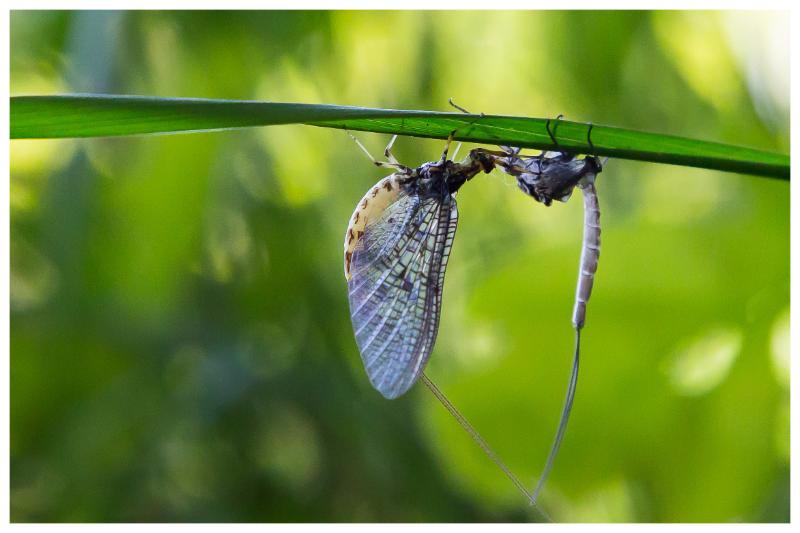 I don't exactly know why I
resisted for so many days. Maybe anticipation is a pleasure in itself? So off I
headed late in the day, arriving at the river just before 6pm.
I don't exactly know why I
resisted for so many days. Maybe anticipation is a pleasure in itself? So off I
headed late in the day, arriving at the river just before 6pm.
From the bridge I could see
a few fish were rising, at least three within casting range, with one taking
mayfly for sure. But the lot of a river manager is not without some sacrifices.
I don't expect you to feel my pain but one of the downsides of fishing your own
water is that you are always doing a sort of audit in your head: are there
seats that need repair. Should we trim back that overhanging branch? Why is
there a discarded can lodged in the silt? So, inevitably, any trip of mine
involves an element of work (are you still not feeling my pain?) so I
eventually picked up my rod closer to seven than six.
I hardly dare count back of
the number of years I have watched the Ephemera Danica hatch but for all
that I have never lost the awe for another Mother Nature masterclass. It always
confounds me, that despite a prior winter or spring that can range from benign
to some of the worst on record, our little insect buddy arrives bang on time
every year. Climate change? Nobody has told the mayfly.
And then there is that
moment when our scruffy, gangly nymph sheds his underwater persona to become
the most amazing insect on the wing. How is it they even know how to fly? Just
a few breaths of fresh air, a few moments stretching those newly minted wings
and ping, off in the air. And everyone one of those millions, maybe billions,
of danica knows his or her role in the brief hours of life to come. The
males gather along the banks, forming in columns beside bushes and trees,
fluttering up, then drifting down. Fluttering up, drifting down. It seems an
odd way to attract a mate but maybe it is the entomological equivalent of a
disco. Regardless it works, as females dive in from the side-lines, grasping
onto the chosen one to perform congress mid-flight.
There is no post-coital
pillow talk; let's face it if you don't even have the ability to eat (mayflies
have mouths but no stomachs) time is not exactly on your side. The male slinks
off; he'll be dead by morning. For the female it is a choice of an immediate
return to the river for egg-laying or resting up overnight. Whichever path she
follows the tableaux is the same, dipping down to touch the river with her
abdomen, letting the surface tension to draw out long strings of eggs in a
series of ever shortening dives until eventually she rises no more, collapsing
in a heap of twitching tails, body and wings until she either drowns or is
sucked down by an opportunistic trout. But the deed is done. The sticky egg
strings drift towards the river bed, attaching themselves to stones and weed.
In time they will hatch into tiny nymphs that will evolve to complete the
circle of life almost to the day, two years later.
On Tuesday evening there was
no sign of the spinners, the females laying eggs. It was strictly newly hatched
duns, still something of a novelty for the small, wild browns who leapt clear
of the water to grab the mays mid-flight. Such youthful enthusiasm - give them
a few days to discover easier ways of capturing supper. But I was kind to
them. I stayed my cast; it seemed unfair that such exuberance should be snuffed
out with the painful realisation that all that floats is not all it might
appear.
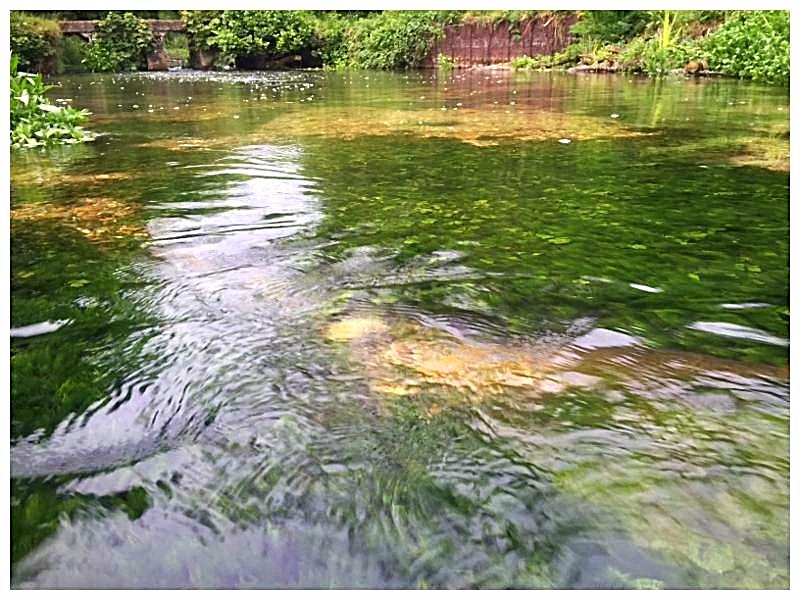 Instead I headed for one of
the hatch pools where the big, lazy trout hang. It is one of the features of
the early weeks of the mayfly hatch that fish cruise. You don't absolutely have
to be saucer accurate with your cast. More or less is enough. If the fish like
what they see they will come to you. Treasure that moment. It will not be the
same later in the season.
Instead I headed for one of
the hatch pools where the big, lazy trout hang. It is one of the features of
the early weeks of the mayfly hatch that fish cruise. You don't absolutely have
to be saucer accurate with your cast. More or less is enough. If the fish like
what they see they will come to you. Treasure that moment. It will not be the
same later in the season.
And so I cast my line and
let the turbulence of the pool take the fly where the current dictated. Regular
mends to the left and the right kept it in the feeding zone until with that
slow deliberation of a fish that knows it really doesn't need to try that hard,
a head broke the surface and slurped down the fly. The two fish that quickly
followed, to the precise same tactic, more than sated my mayfly desires, so I
shambled towards home happy to ignore all other rises, which made me feel
rather noble. But it could not last.
As I write this late on
Thursday I have to confess that the fever is back. I have checked the fishing
diaries and spied a few gaps. I have left Sunday conspicuously clear of
domestic chores and family commitments. I have a feeling the magic and mystery
of the mayfly will draw me back to the river before the weekend is out.
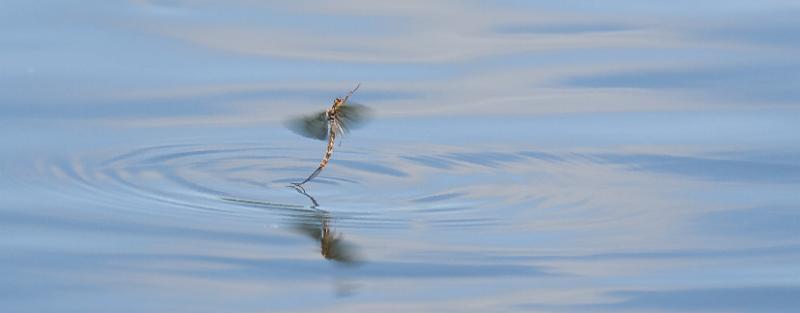
PUBLICITY
SHY OTTERS
I am reasonably certain that I have many disturbed night
ahead of me this summer. The maternal star of The Otters' Tale,
Kuschta, is back again with a new litter of pups, this time numbering three.
They disturbing on two levels.
 |
|
Grooming for the camera
|
Firstly,
and most obviously, noise. A family of otters cannot move anywhere without
eeking to one another. And believe me it is not just the occasional eek. As
they arrive in a raggedy convoy the one at the back will eek to the one ahead,
then the next in line will do the same to the next and so on in regular five
second rotation. On reaching our relatively small lake you'd think that
would be it, but no, on and on goes the eeking. It only stops when they have
finally eaten, settling down to groom and rest. And that is, of course, the
other disturbing thing knowing that somewhere between the noise and the silence
they will have created mayhem in the trout lake.
I do try
to track their antics with a night vision camera and by way of 'disguise',
knowing where they like to play, I have rolled in a log to which it is
attached. Fool proof? Apparently not. Having played and groomed for the camera
last night, they clearly took umbrage at the intrusion, proving themselves able
to undo the tensioned strap, tear the camera from the log, abandoning it and
the housing on the grass.
Why? I
have absolutely no idea. Maybe I am going to need a camera to monitor the
camera or simply pay the otters image rights, but you'd have thought all those
fish were payment enough.
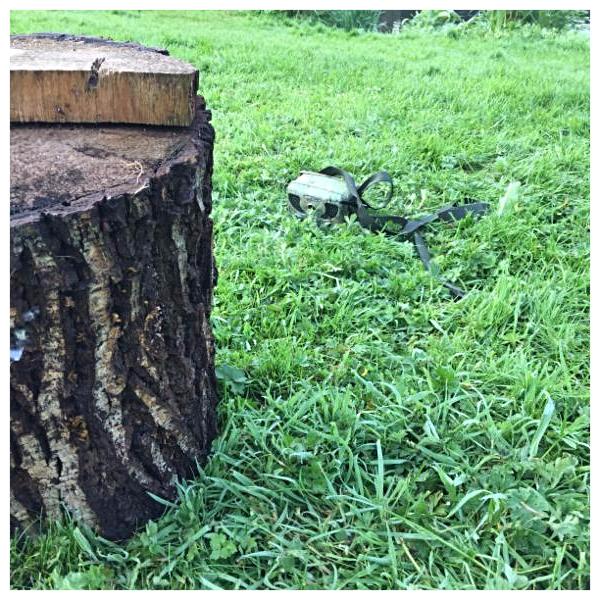

MY PERFECT SUMMERS
I found the
school calendar incredibly frustrating. Did nobody in academia realise that the
Mayfly hatch was long over by the time the school gates finally closed for the
summer holidays? I did try to point this out to my headmaster once, but having
long written me off as a hopeless case, he failed to rally to my cause for a
radical shake up in term dates.
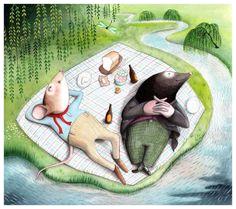 However, on the plus side I
pretty well had my patch of the River Meon to myself. The men with grand cars
and large cigars had vacated the river banks for the fleshpots of Ascot, Henley
and the Riviera. Their loss (I doubt they saw it that way...) was my gain.
However, on the plus side I
pretty well had my patch of the River Meon to myself. The men with grand cars
and large cigars had vacated the river banks for the fleshpots of Ascot, Henley
and the Riviera. Their loss (I doubt they saw it that way...) was my gain.
Sure, it was all rather
unkempt, but some of my best memories are still of those long summers beside
the stream. To slightly alter the words of Ratty in Wind in the Willows
to Mole, 'Believe me, my young friend, there is nothing - absolutely
nothing - half so much worth doing as simply messing about in rivers.'
So, in that vein, though (I
hope) considerably less haphazard than my own summer we are running a three day
river camp. It is a chance be a river keeper, help on a restoration
projection, and learn the rudiments of being a fishing guide, all interspersed
with lots of fishing.
River Camp
Takes place on the River
Test near Stockbridge, Hampshire daily 10am-5pm for three days. Suitable for
children 12-16 years. Fully supervised with all tackle and equipment provided.
£275/child with 10% discount for siblings. July 17-19.
Kids Fish Camp
Run at Nether Wallop Mill
near Stockbridge over four mornings (10am-1pm) and one full day (10am-3pm) over
a week. Suitable for 8-15 years. Full tuition and all tackle provided.
£250/child with 10% discount for siblings. July 24-28.
For more details click here .....
QUIZ
You will see all four of
these fledglings on or near the river at this time of year. What adult will
each the grow into? It is, as ever, just for fun with answers at the bottom of
the page.
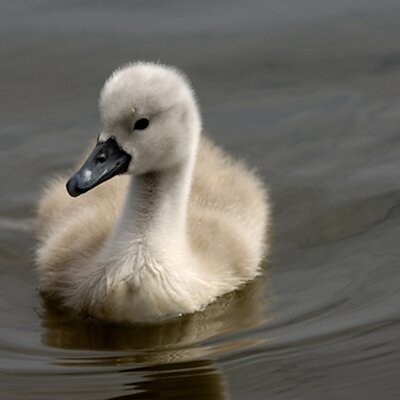
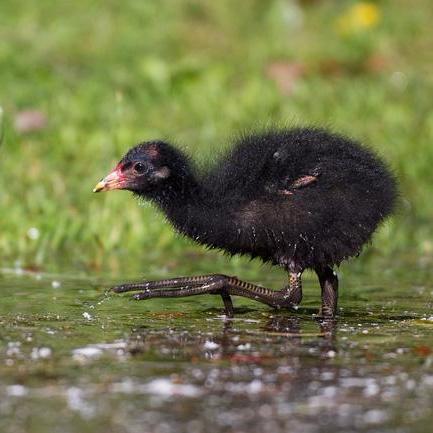
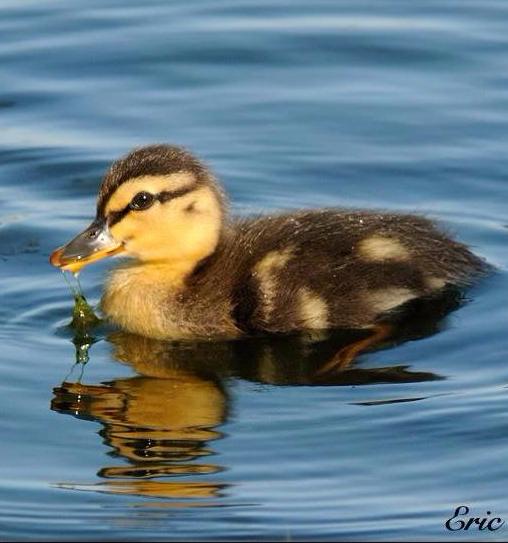
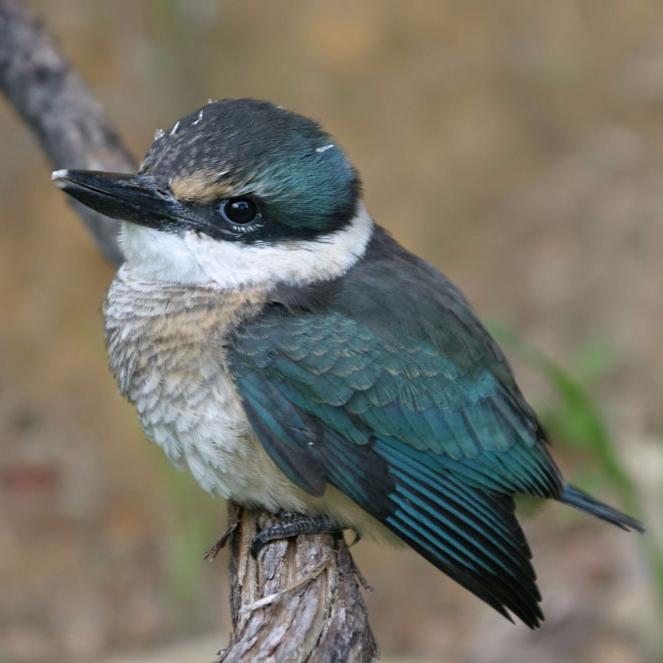
Have a good weekend.
Best wishes,
Simon Cooper simon@fishingbreaks.co.uk
Founder & Managing Director
Quiz answers: Top
left: Swan. Top right: Moorhen. Bottom left: Mallard. Bottom right: Kingfisher

No comments:
Post a Comment